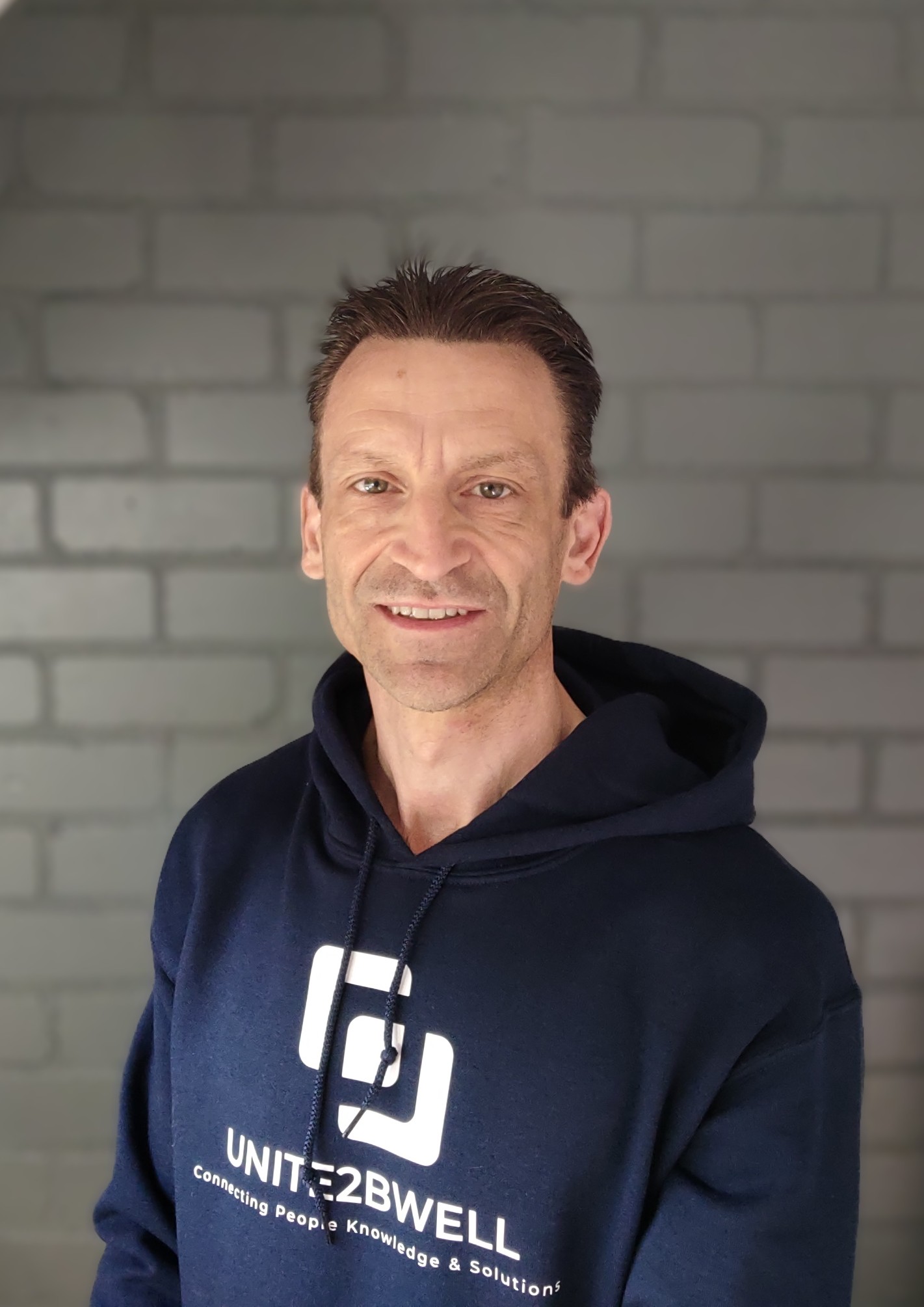⚙️ Beyond the Quadrants: A Value Comparison of DISC, MBTI and the Resilience Operating System
- Unite2bwell

- May 10
- 2 min read
Updated: May 11
Everyone loves a personality test until they realise it barely scratches the surface.

So what moves the needle regarding energy, growth, and performance?
Over the years, I’ve worked with and seen the effects of numerous personality and behaviour frameworks. Two of the most widely used are DISC and MBTI. Both offer genuine value when applied in the right setting, especially for communication and self-awareness.
But as I developed the 'Resilience Operating System', a new question emerged:
How do these tools compare when it comes to improving human performance, team dynamics, and long-term adaptability, whether in individuals or across organisations?
Three Parameters That Matter Most
To find clarity, I broke it down into three practical parameters:
People Value – how well the framework translates into real-world clarity, communication, and results
Holistic Approach – how well it integrates behavioural, emotional, and energy-based insight
Potential for Improvement – how far the framework can take someone, from where they are now, to where they could be
1. DISC
DISC remains a trusted go-to for many teams. It helps people understand and navigate behavioural differences under pressure. It’s user-friendly, but often static; it explains how people tend to behave, but not why they feel drained, or how to recover and adapt over time.
People Value: 7/10
Holistic Approach: 4/10
Potential for Improvement: 5/10
2. MBTI
Rooted in psychological theory, MBTI focuses on how people process information and make decisions. It goes slightly deeper than DISC, but its fixed categorisation leaves little room for personal evolution. It’s reflective, but not transformational, without additional context.
People Value: 6/10
Holistic Approach: 5/10
Potential for Improvement: 4/10
3. The Resilience Operating System
This framework is built for movement, not labels. It draws from behavioural patterns (Typologies), resilience skills (Pillars), and the broader human drivers that sit beneath performance.
Rather than separating emotional, physical, and cognitive capacity, it sees them as interdependent, aligned through what I refer to as your 'Corestate': the intersection of wellness, well-being, and vitality.
It doesn’t just describe who you are. It helps you develop how you lead, how you recover, and how you grow under strain.
People Value: 9/10
Holistic Approach: 9/10
Potential for Improvement: 9/10
I’ve worked with teams where DISC helped ease tension and improve communication, but it couldn’t explain why energy levels dropped midway through a project. That gap highlighted the need for something more, something that could address recovery, adaptability, and leadership under sustained pressure. That’s what shaped the foundation of the 'Resilience Operating System'.
Time for an Evolution
This isn’t a popularity contest. DISC and MBTI have earned their reputation and still play a role, particularly in raising awareness. But frameworks built for static understanding won’t take you far in dynamic environments. That’s where the Resilience Operating System steps in, with practical depth, energy awareness, and a long view on human performance.
The world has moved on. And frameworks need to evolve with it.
The real question isn’t “what type are you?” It’s “how are you functioning, and improving?” Because knowing is one thing. Applying it when it counts, that’s where resilience is built.
© Unite2bwell – All rights reserved.







Comments